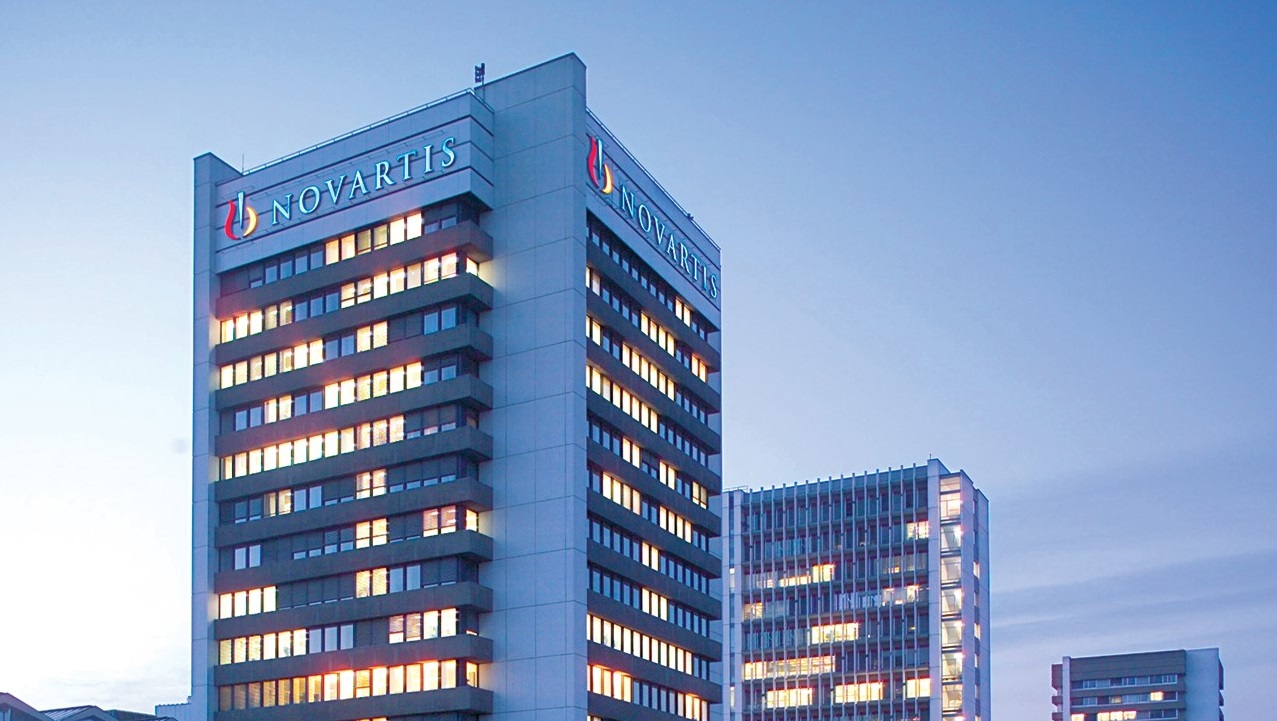Novartis cleared to restart trials of new Zolgensma delivery route

The FDA has relaxed a clinical hold on clinical trials of Novartis' intrathecal formulation of spinal muscular atrophy (SMA) gene therapy Zolgensma, allowing a new phase 3 trial to get underway.
Zolgensma (onasemnogene abeparvovec) is already approved as an intravenous treatment in babies and very young children for the rare muscle-wasting disease, but the new OAV-101 IT version is designed to unlock use of the drug in older SMA patients.
Novartis said today that the FDA had lifted its two-year hold on testing of the new version after it submitted data from a non-human primate toxicology study that backed up the safety of this delivery route – which involves an injection into the spinal canal or subarachnoid space in the brain.
The FDA called a halt to trials of the intrathecal therapy after animal studies pointed to a possible risk with the drug, specifically inflammation in the dorsal root ganglia of spinal nerves that was sometimes accompanied by neurodegeneration.
Novartis will now press on with a new pivotal study – called STEER – that will enrol treatment-naïve patients who are between two and 18 years of age, able to sit, but have never walked. They will fall into the category of SMA type 2, a less severe form of the disease.
The IV route is preferred for SMA type 1, the most severe form which affects young babies, as this allows the greatest spread of the drug around the body.
For SMA type 2, intrathecal administration may be preferred as it concentrates the gene therapy in the area where it is most needed, avoids systemic exposure and uses less material – so could be less costly.
That's important, as Zolgensma is the world's most expensive drug, costing more than $2.1 million for a one-shot dose.
Intrathecal delivery could kickstart sales of Zolgensma, which have taken a while to get going but did rise 69% to $634 million in the first half of the year, setting it on course for blockbuster status in 2021. Novartis spent $8.7 billion on US biotech AveXis to get rights to Zolgensma.
Analysts at Jefferies have suggested that intrathecal delivery could account for $1 billion of their peak sales estimate of $2.8 billion, although they have also warned that the delay to the programme has given a greater opportunity for Roche's rival therapy Evrysdi (risdiplam).
Evrysdi has been approved for treatment of SMA in adults and children aged over two months, although it is not a gene therapy so needs to be dosed every day. The oral therapy brought in around $270 million in the first half following its first launch in 2020.
OAV-101 IT is also in the follow-up phase of the phase 1/2 STRONG trial – due to complete in 2024 – but the timeframe for STEER hasn't yet been disclosed.
"This route of administration has the potential to open up access for older patients to all the benefits of gene therapy," said Kenneth Hobby, president of the Cure SMA patient organisation.
"We have seen the interest among our symptomatic patients and their families in gene therapy, and this study is an important step in understanding its potential to address unmet needs that remain in the SMA community," he added.












